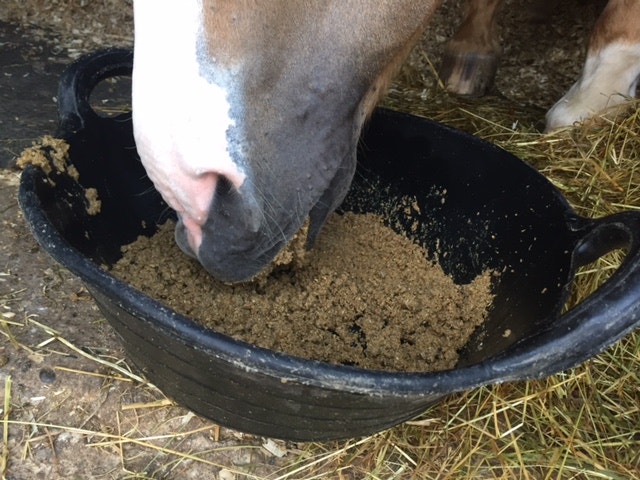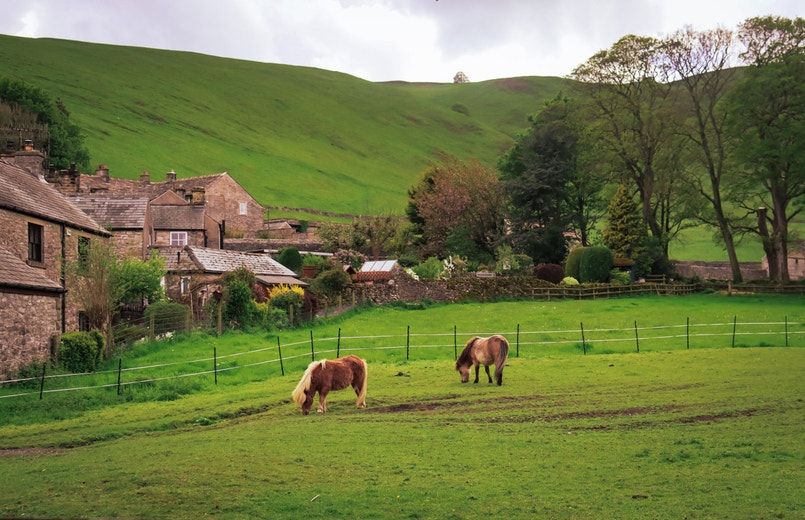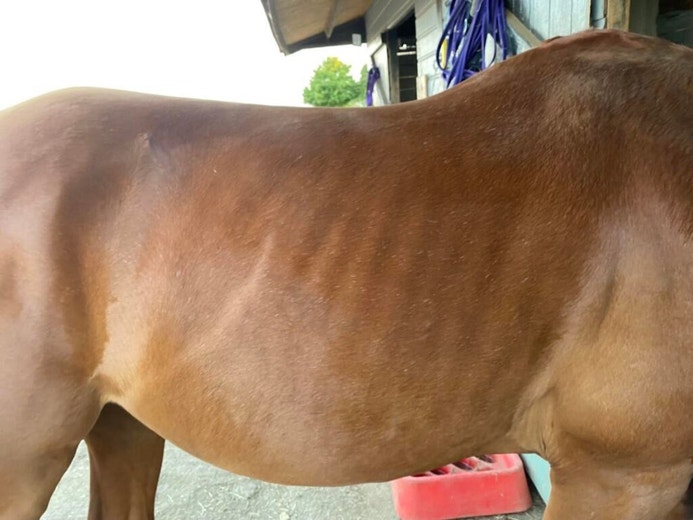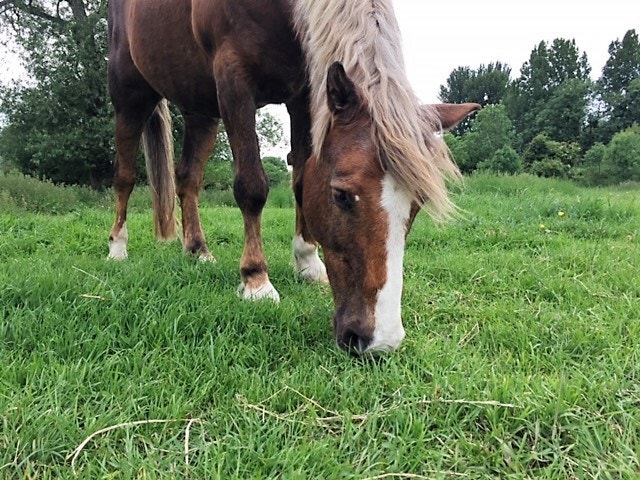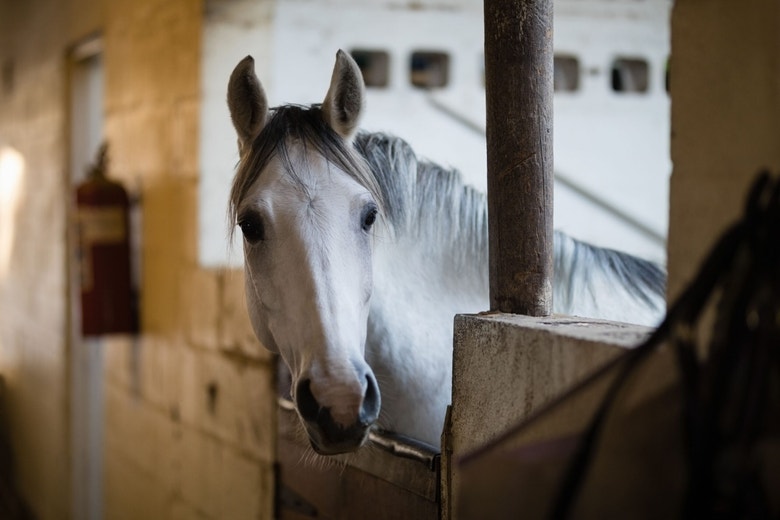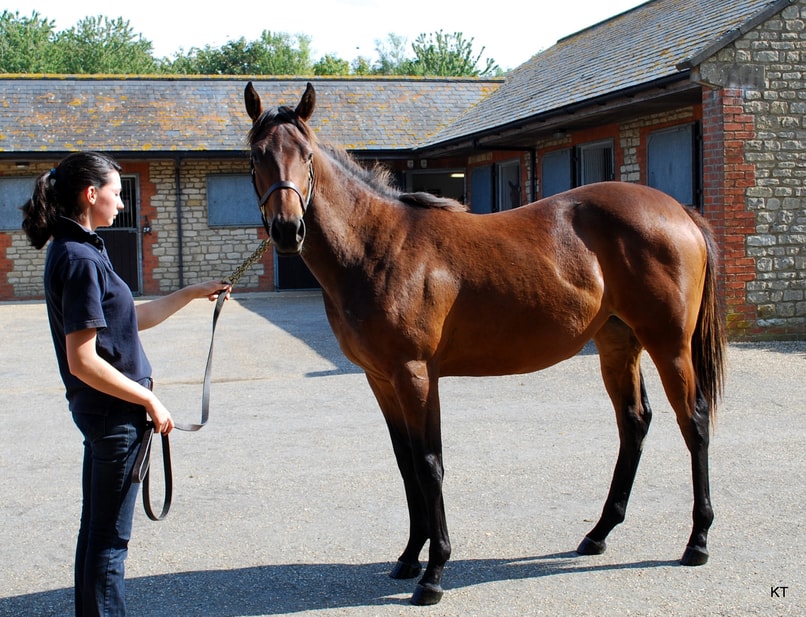
The ultimate guide to buying a young horse
Buying a new horse or pony regardless of its age is an exciting moment in any horse owners’ journey. However, buying a youngster can come with numerous considerations such as your level of experience and the time and resources you can devote to training and caring for a young horse/ pony. If you’re thinking of buying a young horse for the first time, it is worth seeking professional guidance, perhaps from an equine vet, trainer, or breeder, who will be able to provide valuable insights into the selection process.
We recently caught up with experienced 4* Event rider Althea Bleekman and 5* Event rider Kate Honey to provide a comprehensive guide to purchasing and nurturing a young horse. Combining their extensive expertise in breeding, selection, and training with Nutritionist Sarah Nelson’s nutritional insights, this guide offers valuable advice on selecting your young horse.
Breed and Disciplines:
Before diving into the buying process, take some time to research different horse breeds and disciplines. The importance of thorough research before delving into the process of buying a young horse cannot be overstated. It's not just about finding a horse that fits your criteria but understanding that each horse is an individual, and your goals and preferences should align with the unique characteristics of your potential equine partner.
Althea, of Team Bleekman at Whorrige Stud, Cullompton, emphasises the significance of a horse's attitude over specific breeding: “When I’m on the search for a young horse I am not hugely concerned about certain breeding, height or sex. The most important thing to me is a good attitude. However, finding a good attitude can be far harder than finding specific breeding!”
Temperament
Kate, from the family-run Meridian Stud, concurs: “I like young horses to have a good attitude towards work and a nice temperament”.
A young horse's temperament is a key factor in its trainability and future success. Assess the horse's personality during interactions – is it curious, calm, or easily spooked? Consider your own experience level and comfort with different temperaments. A calm and trainable temperament is often desirable, especially for those who are less experienced or looking for a more straightforward partnership.
Althea suggests looking out for ‘red flags’ in adverts such as: ‘not a novice ride’, ‘can be spooky’ or ‘doesn’t hack alone’; “These absolutely don’t need to mean that the horse is a no go, you will just need to find out a little more.”
Conformation
Conformation plays a vital role in a horse's ability to perform at its intended discipline as well as its overall soundness. Assess the young horse's body structure, limbs, and overall balance. A horse with good conformation is more likely to stay sound into its advancing years as well as to perform well in its chosen discipline.
“When looking for a youngster to produce I will always look for good natural movement. I like to see them being loose schooled to access their scope and footwork; if they are at the stage of being ridden then I also like to see them under the saddle. This is when I look at their conformation, not too long in the pastern, not too long in the back, short cannon bones and good length of hind leg. I believe a kind/ genuine eye tells a lot about a horse and is something I always look for.” – Kate
Early training
In addition to a good attitude, Kate appreciates it when young horses have already acquired some basic skills: “I love it if they’ve done a few basics and have good groundwork in place such as long reining, especially on varying terrain, and a bit of work on natural obstacles - banks, water and ditches. Ideally, they won’t have done too much or too little.”
Understanding the horse's education level is crucial when buying a young horse. Evaluate the horse's exposure to basic training, handling, and desensitisation. A well-handled and educated young horse is more likely to transition smoothly into further training. Inquire about the horse's experiences with farriers, vets, and other basic care procedures to gauge their comfort and cooperation in these situations.
Assess Your Budget:
Establishing a realistic budget is fundamental before diving into the process of buying a young horse, keeping in mind that the initial cost is just the tip of the iceberg. Young horses require consistent and appropriate nutrition, veterinary care, training, and equipment. Allocate funds for these ongoing expenses to ensure the well-being of your new equine companion. It may be that a higher initial investment in a well-bred and well-trained young horse may save money in the long run compared to a less expensive but less-prepared option.
Current living conditions
Assess the young horse's current living environment, including whether it is stabled or turned out. Many young horses are turned out in large herds with horses of a similar age. Transitioning to a new environment can be stressful, so planning for a gradual adjustment period may be necessary. If the horse is accustomed to living in large groups, consider whether it will continue to thrive in a similar herd setting.
“I like to try and find out as much as possible from the seller, ideally a full history to put everyone at ease or a good ‘report’” says Althea. “Does he live out? What is he fed and how much?”. She suggests “asking about their daily feed and routine can give you lots of clues! A good seller will never mind you asking sensible, educated questions.”
The viewing
For those who may feel less confident in assessing a horse, Althea recommends seeking the assistance of someone experienced in working with young horses. Having a knowledgeable companion during the viewing process can provide valuable insights and help ensure that the horse's temperament aligns with your expectations and goals; “finding a new horse should be a really enjoyable experience. Do your research and go in with your eyes open!” says Althea.
Consider Nutrition from the Start:
Sarah adds, once they reach two years of age, young horses no longer need a specialist stud feed but none-the-less, a balanced diet is still key to supporting health, condition and muscle development as they continue to mature.
Energy (calorie) requirements vary considerably between individuals – while some may need a ‘conditioning feed’, others may maintain weight easily on forage. Finding out as much about the horse’s existing diet, forage and routine can help the transition process for a new horse settling in.
Regardless of whether you are feeding an unbroken two-year old or a five-year old at their start of their competitive career, base the diet on forage and adjust the amount of energy (calories) provided according to their horse’s body condition (fat coverage as opposed to muscle development).
- Ideally provide as much forage as your new horse will eat (while being mindful of excess waste).
Balancers are ideal for those able to maintain weight easily on forage alone but if additional energy is required, choosing fibre-based feeds containing low or restricted amount of starch and sugar will help to support digestive health and reduce the risk of excitability.
Feeding the recommended amount of a suitable compound feed or balancer will also help to ensure the diet provides the essential amino acids (quality protein) needed to support muscle development and topline, as well as the vitamins and minerals needed to balance forage.
Sudden changes in diet should be avoided wherever possible but are often inevitable when buying a new horse, at least when it comes to forage. If a change of ‘bucket feed’ is needed and a gradual changeover isn’t possible, introducing up to 500g of new feed every other day is a good guide for most horses (less for ponies). In some cases, it might be possible to buy a few bales of the horse’s current hay/haylage from the previous owner.
Conclusion:
Purchasing a young horse is an exciting undertaking but requires careful consideration and attention so you can set the foundation for a healthy and successful partnership. Happy buying!
For more advice on feeding your young horse contact the SPILLERS Care-Line on 01908 226626 or fill in our online consultation form.
